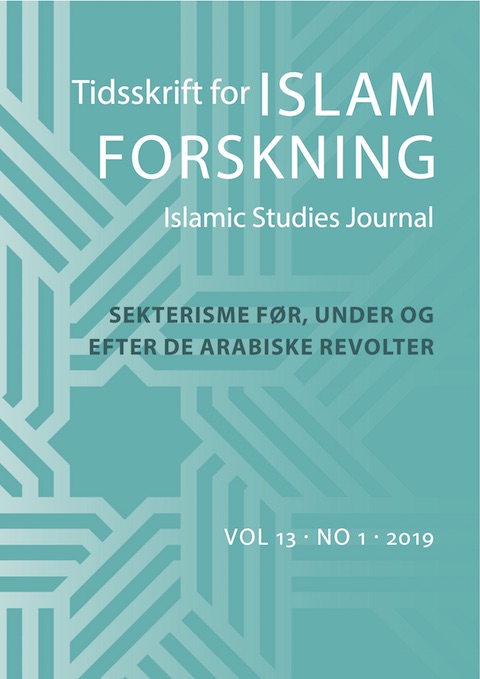Gammelt had eller nutidskonflikter? Et moyenne durée-perspektiv på aktuelle sekteriske konflikter
DOI:
https://doi.org/10.7146/tifo.v13i1.112227Keywords:
sekterisme, sunni-shiakonflikter, historieskrivning, moyenne durée, Syrien, Irak, BahrainAbstract
It is often argued that analyses of contemporary Sunni-Shia conflicts are based on either instrumentalist or primordialist approaches. With their focus on religion primordialists tend to accept emic explanations of sectarian conflicts on the basis of different creeds and practices and above all the dispute over the question of Muh .ammad’s legitimate succession. As a consequence the battle at Karbala appears as the decisive event in Islamic history that provides a clue to recent conflicts. As opposed to that, instrumentalist analyses restrict the temporal frame of their inquiry to only a few years or at best decades. In order to overcome this dilemma, the present article focusses on a time level in between, which up to now has not been conceptualized in debates on sectarianism. The starting point is the division of three time levels of historical processes formulated by Fernand Braudels. These are: longue durée (long term developments creating structures), conjoncture/ moyenne durée (mid-term developments), and évenements (short term processes leading to the single events). This article uses moyenne durée as explanatory framework for the current sectarian conflicts in Iraq, Syria and Bahrain.
Downloads
Published
How to Cite
Issue
Section
License
Scandinavian Journal of Islamic Studies publish under creative commons license BY-NC-SA.





